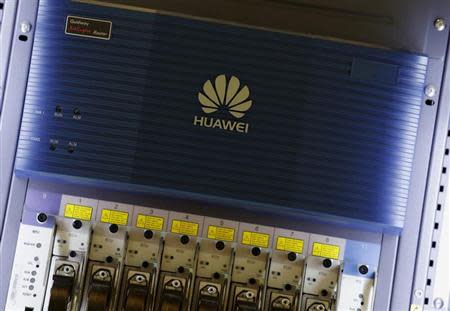South Korea to route sensitive U.S. communications away from Huawei gear - report

SEOUL (Reuters) - South Korea has agreed to route sensitive U.S. and South Korean communications away from networks that include equipment made by Huawei Technologies Co Ltd, spurred by Washington's concerns over the Chinese firm, the Wall Street Journal reported on Friday. U.S. officials in meetings with South Korean counterparts in recent months raised the risk that Huawei's equipment could be used for spying on communications between the allies as well as compromise networks used by U.S. military and intelligence officials in South Korea, the report said. "To address these security concerns, South Korea decided to make changes to the project so that sensitive South Korean government communications won't pass through Huawei equipment," the Journal quoted U.S. officials briefed on the discussions as saying. A U.S. official confirmed the report but declined to provide further details. A South Korean foreign ministry official declined to comment on the report but said the issue at stake involved purchase decisions by private companies, over which the government has no control. Huawei had no comment on the report. South Korea hosts about 28,500 U.S. troops as part of the two countries' combined defence against possible North Korean aggression. Last year, the heads of two U.S. Senate committees overseeing national security expressed concern about a supply deal between Huawei and South Korea's LG Uplus Corp, its third largest mobile carrier. Huawei equipment will not be used or connected to U.S. military bases in South Korea to protect American communications, the officials were quoted as saying. State Department spokeswoman Jennifer Psaki said: "While the United States has expressed concerns in the past, these decisions were made by the Republic of Korea and the Republic of Korea alone." (Reporting by Jack Kim in Seoul and Arshad Mohammed in Beijing; Editing by Clarence Fernandez)
